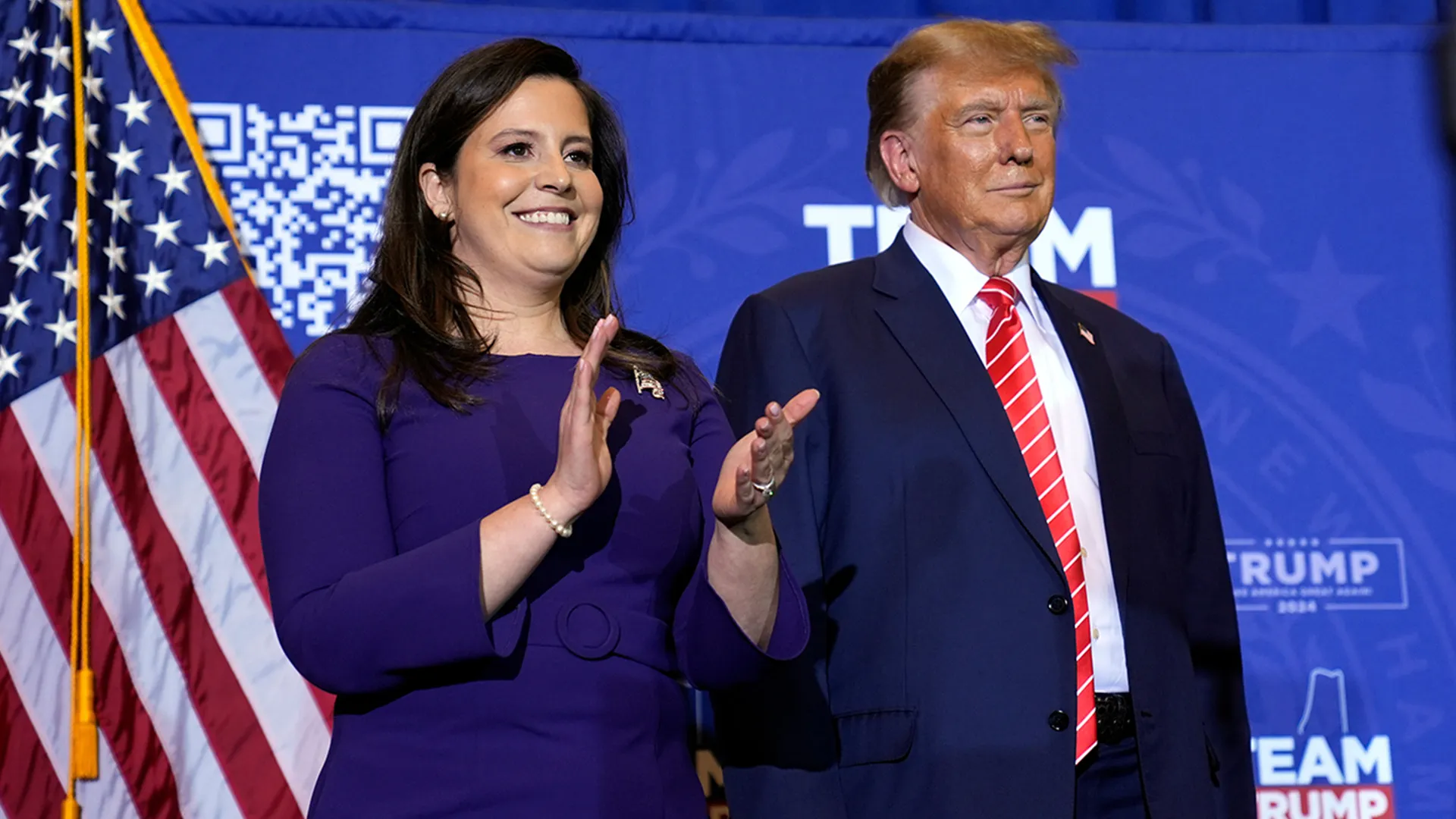A Shocking Move That Could Change the Auto Industry
Former U.S. President Donald Trump announced a 25% tariff on imported cars and car parts in a bold move that could send shockwaves through the automobile industry. The decision, which is intended to spur car production in the United States, could have significant repercussions for automakers, workers and consumers. But is it a game changer for American manufacturing, or a step that could backfire?
The Big Announcement: What’s Changing?

On March 26, 2025, Trump confirmed the news—imported cars and auto parts will be slapped with a 25% tariff beginning April 3. This includes foreign car makers that manufacture vehicles abroad and bring them into the United States — the likes of Mexico, Japan, South Korea, Canada and Germany are the most heavily impacted as those are the most vehicle-exporting countries to America.
For the typical American, means one thing: Car prices are going up. Almost half of cars sold in the U.S. are imported, and about 60 percent of parts in U.S.-assembled cars come from other countries. With inflation already soaring, this would make purchasing a car significantly more expensive.
Why Is Trump Doing This?
Trump thinks the tariffs will lead carmakers to manufacture plants in the U.S. and end their dependence on parts made abroad. He maintains that foreign trade practices have undermined American industries for too long. “Anyone who has plants in the United States, its going to be good for,” Trump said at the time of the announcement.
The supporters of the move — including the United Auto Workers union — say it will return jobs that were lost in previous trade agreements. Shawn Fain, the union’s president, hailed the tariffs, saying they would help bring an end to “the free-trade disaster that has ravaged working-class communities for decades.”
The Auto Industry’s Reaction: A Disaster in the Making?
Some labor groups favor the tariffs, but many auto executives and analysts are concerned. The worldwide auto business depends on complex supply chains, with various countries specializing in producing particular components of a car. The U.S., Mexico and Canada have been linked for years in trade deals that make car-making more efficient and cheaper. Now, that system is at risk.
The announcement drew negative reactions from stock markets. General Motors shares fell nearly 7 percent, and Ford and Stellantis each fell more than 4 percent in after-hours trading. Even Tesla saw a 1% dip. The concern is that the tariffs will compel automakers to increase prices or reduce production, either of which could dent sales and profits.
Higher Prices for Consumers
Industry experts say the tariffs could raise the cost of a car made in the U.S. by at least $3,000. That jumps to $6,000 for vehicles built in Mexico or Canada. Well-known models such as the Chevrolet Equinox, the Toyota Tacoma, and Ram pickups probably will face large price increases.
“This is going to lead to lower production, too,” said Jonathan Smoke, the chief economist for Cox Automotive. “Disruption of virtually all North American vehicle production is expected by mid-April,” he said. For consumers, that translates to higher prices on cars, longer wait times for new vehicles and potentially fewer choices at dealerships.
International Fallout: Retaliation from Other Countries?
The tariffs have created an uproar in Canada and Mexico, which are among the United States’ closest trading partners. Prime Minister Mark Carney of Canada condemned the action as a “direct attack” on Canada’s economy, which relies heavily on auto manufacturing. Mexico, which has 5 percent of its economy depending on car production, is facing peril to its workers as well as its revenue.
Germany, Japan and South Korea have also heard complaints. Experts caution that such countries could retaliate with their own tariffs on American exports, setting off a trade war that could harm U.S. industries beyond the automobile sector.
Will the Tariffs Really Bring Back Jobs?
But there’s a big question beneath all the bluster: Will these tariffs actually bring back U.S. auto manufacturing? Although some foreign carmakers have promised to invest in factories in the United States, constructing new plants can take years and cost billions of dollars. Recently, Hyundai announced a $21 billion investment in the U.S. that was already in the pipeline before Trump’s decision.
Instead of luring jobs home, the tariffs could cause automakers to cut back or relocate to countries with less restrictive trade policies, some industry leaders fear.
What’s Next?
Trump’s aggressive trade approach is expected to continue. He has already imposed high tariffs on Chinese imports and hinted at introducing more taxes on goods from other nations. Next week, he plans to unveil “reciprocal tariffs” that will match the trade barriers other countries place on American exports.
For now, the auto industry, consumers, and global markets are bracing for impact. With higher prices and possible retaliation from other countries, only time will tell whether these tariffs will truly help U.S. manufacturing—or whether they will drive the economy into deeper trouble.




